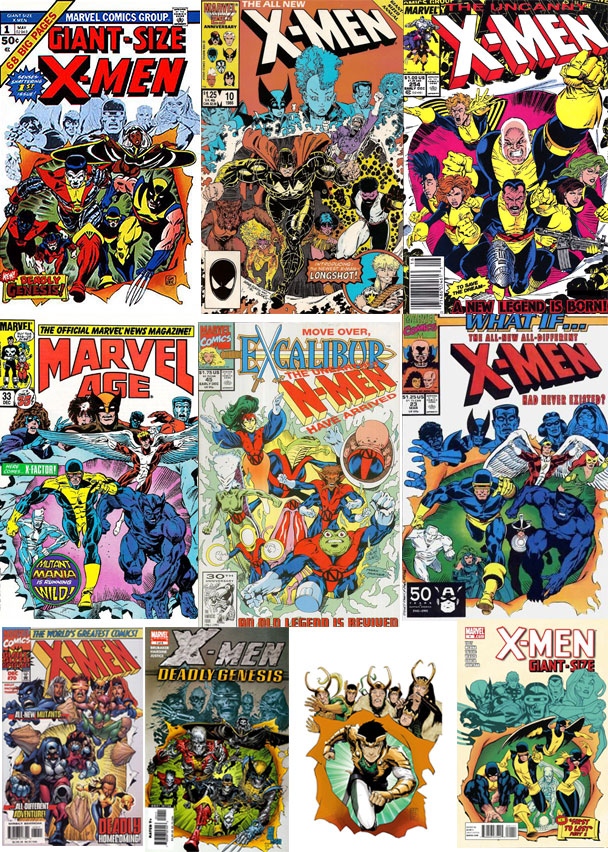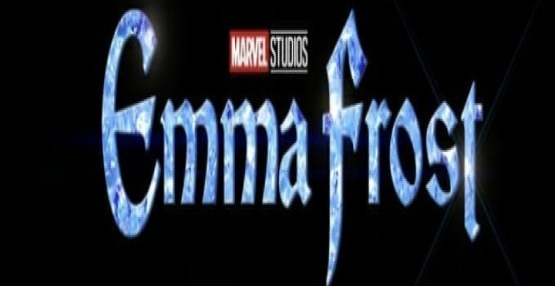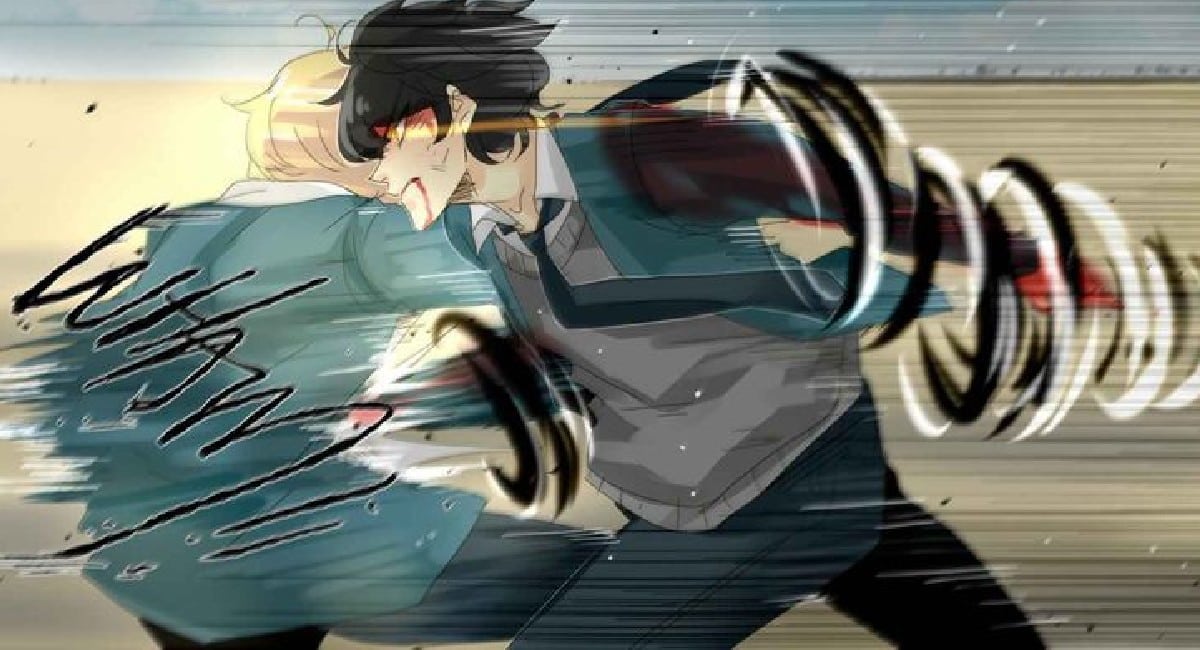In the evening hours of Wednesday, July 24, digital marketplace itch.io—long heralded as one of the last bastions for creators who make and sell NSFW, adult, and erotic content—abruptly delisted an undisclosed number of explicit products, making them no longer searchable. In some cases, it completely removed products. All of this was done without warning its thousands of sellers or consumers, many of whom found out via social media before founder Leaf Corcoran explained the sudden shift in a developer post.
Corcoran’s statement cited pressure from payment processors as the reason behind itch.io’s abrupt pivot to removing explicit content. More pressing, Corcoran stated that Australian anti-porn group Collective Shout launched a campaign in April against both itch.io and Steam to pressure payment processors into revoking access if the two platforms didn’t remove games and other content that the group deemed inappropriate. Last week, Collective Shout took credit for the mass removal of games on Steam and the platform’s strict new moderation guidelines. At time of writing, the group has yet to claim similar credit for the takedown on itch.io.
Although itch.io has an adult content filter that can be toggled in a user’s settings, indicating whether they want explicit content to be visible in search results and on the store page, the sudden deindexing of NSFW comics, zines, books, games, and other published products on the website means that unless users type in direct links to explicit products, they cannot access them. As is often the case when explicit content is removed en masse, LGBTQIA+, furry, and other content that is considered “obscene” by conservative groups has also been delisted or removed, as reported by The Transfeminine Review. This is especially dangerous in a time when politicians and others in power (i.e. influential billionaires) are actively dehumanizing and disappearing trans people, immigrants, and anyone who steps out of line with the current regime.
As the situation unfolded Wednesday evening, some users claimed via social media that itch.io was also denying payouts to affected creators. Attempts to claim funds for products purchased before the takedown were met with a message stating, “Accounts that are in violation of our terms are not eligible for payouts.” However, itch.io has yet to outline its new terms. According to Corcoran’s statement, this is due to the speed with which changes had to be made.
“This is a time critical moment for itch.io. The situation developed rapidly, and we had to act urgently to protect the platform’s core payment infrastructure. Unfortunately, this meant it was not realistic to provide creators with advance notice before making this change. We know this is not ideal, and we apologize for the abruptness of this change,” Corcoran wrote in his developer statement.
He continued, “We are currently conducting a comprehensive audit of content to ensure we can meet the requirements of our payment processors. Pages will remain deindexed as we complete our review. Once this review is complete, we will introduce new compliance measures. For NSFW pages, this will include a new step where creators must confirm that their content is allowable under the policies of the respective payment processors linked to their account.”
An email to Corcoran requesting comment went unanswered.
On Thursday, itch.io responded to users on Bluesky that it had not denied payouts to any creators and would directly contact anyone who could not process payouts: “We do understand that the eligibility message is confusing given the context so we’re updating the text on the notices.”
Payment processors like Mastercard, Visa, and PayPal consider adult content to be “high-risk” for chargebacks and fraud, meaning they don’t like it when people use their services to pay for it—even if those purchases are totally legitimate. Pair that with targeted pressure from anti-porn groups like Collective Shout, and what results is an increasingly hostile web space for creators (especially sex workers) trying to make a living off of their work. Journalist Ana Valens reported on Collective Shout’s campaign and Steam’s takedown for Vice’s Waypoint, only to have her work removed by its owner, Savage Ventures, due to its “controversial subject matter.” She has since resigned her contract position at the site, with her co-workers and managing editor following in her wake.
When payment processors threaten platforms like itch.io and Steam, they are essentially backed into a corner: Comply or be destroyed. This may sound dramatic, but the ability to process money is a core component (if not the core component) of these platforms. Regardless of the views of the people behind them, their ability to function as a business relies on following those with the money and their guidelines. Groups like Collective Shout want to see sex workers, queer and trans people, and other marginalized creators forced off of the Internet altogether under the guise of “protecting children.” Going after their income streams by targeting the platforms that host them is the most effective means of accomplishing this mission.
However, collective action against this mission is still possible. At time of writing, an ACLU petition targeted at Mastercard to end its discriminatory policy against adult content sellers has garnered more than 110 thousand signatures, with a goal of 150 thousand. A Reddit user also put together a comprehensive guide for contacting major payment processors and, for those based in the U.S., contacting congress people to support specific bills and file complaints with the Consumer Financial Protection Bureau and the DOJ’s Antitrust Division.




















 English (US) ·
English (US) ·